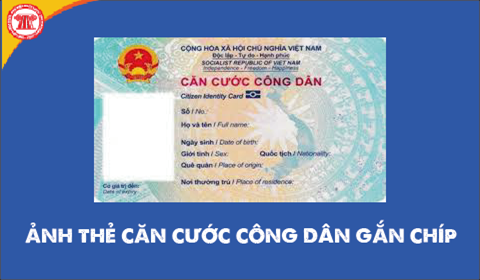Warning about a very new 'scam' using chip-embedded citizen identification cards
Many subjects use the "trick" of asking to take photos of people's chip-embedded Citizen Identification Cards and then get personal information to commit fraud.
Binh Duong Provincial Police have just issued a warning about the situation.fraud and appropriation of propertywith new forms through cyberspace.
Accordingly, through the fight against high-tech crimes, Binh Duong Provincial Police discovered that recently, a number of tricks have emerged that take advantage of telecommunications networks, the internet, and social networks to defraud and appropriate property.
Among these, there are new "tricks" such as asking to take photos of ID cards and paying the person to have their photos taken in order to exploit information for fraud.
 |
According to the police, the QR code and chip on the CCCD card contain a lot of personal information of citizens that high-tech criminals can take full advantage of. Just based on the QR code or information on the CCCD, they can clearly know the personal information of citizens. From there, criminals use the image of the citizen's ID card or CCCD to register a bank account, borrow money on the app, register a postpaid phone number, register a virtual tax code, etc.
In addition, Binh Duong Provincial Police also warned about forms of fraud via cyberspace such as: Impersonating network operators to call to inform that your phone number has won a prize of great value, impersonating bank officials, impersonating police, courts, prosecutors, post offices... calling to inform people involved in a case or to impose a fine for a traffic violation, then asking the victim to follow the steps to appropriate money.
Taking advantage of the gullibility and need to make quick money of the victims, the subjects impersonate to recruit collaborators to process orders for e-commerce platforms to commit acts of property appropriation; Fraud through online trading platforms; Use personal information, images of leaders of government agencies, organizations... to set up fake social network accounts (zalo, facebook...).
After that, the subjects created fake accounts to make friends, send messages to exchange loans, borrow money from friends, relatives, colleagues, subordinates... and appropriate the money transferred by the victims; Trick of lending money through apps (online loans); Taking advantage of the Covid-19 epidemic situation, the subjects created social network accounts to post for sale anti-epidemic medical equipment and tools... When the victims connected and made a deposit or paid the agreed amount, the subjects blocked contact, changed phone numbers... and appropriated the money.


